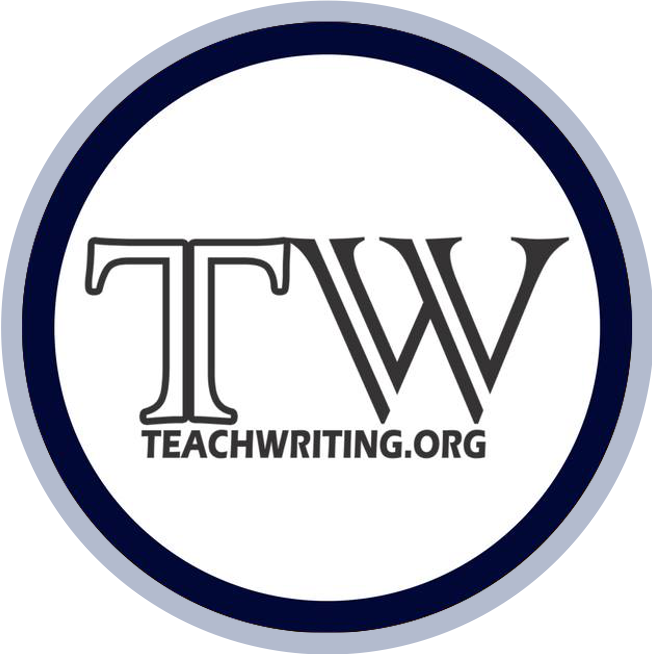Writer's Workshop in the Secondary Classroom: An Exclusive Interview with Secondary Sara
Not only is Secondary Sara an experienced middle school ELA teacher at a private school in Ohio, she is also a high school tutor (she started her own successful tutoring business), a coach of a creative writing team, and a teacher author and blogger. Here, she shares her top tips for motivating middle school writers.
1. Give student writers choice.
As a full time ELA teacher, a tutor, and a competitive creative writing team coach, you have diverse experiences with motivating students to write. How do you get your students writing in the secondary classroom?
"I know this will sound obvious, but bear with me: choice. When I was in English classes, both in K-12 and in college, I hated being restricted to one prompt and being forced to write something inauthentic, boring, or “pointless”. (In these situations, my writing was usually worse, too.) I vowed not to put my students in the same situation; at minimum, I offer at least 3 prompt options for every creative or nonfiction writing assignment, and I allow students to propose alternatives to me as well.
Choice can go beyond prompts, too. I’ve had really incredible experiences with students doing our 30-Day Challenge (a modified version of NaNoWriMo) as well as our mock TED talk unit. They both allow students say in the final product itself."
2. Provide mentor texts.
What do you see is the role between reading and writing? What role does reading play in the writing process?
"Mentor texts are critical to growth; without them, students stay trapped in the same vocabulary, word patterns, and voices forever. The secret though is to give students ENOUGH mentor texts to stretch their writing style, but not to give too few examples, either. If students only see one sample prior to attempting it themselves, then there’s a higher risk that they will copy the sample too closely (even if not intentionally).
For example - when we read The Giver, students write mini-memoirs in which they “transmit” a memory to Jonas. We do this in the middle of the novel, while Lowry’s writing style is fresh in their minds, AND I give them several example stories of students from past years. This mix of storytelling plots and voices usually inspires them enough to begin writing quickly, and this assignment produces some of the best writing of the year."
3. Set clear goals for writing.
What is your number one tip for running a writing workshop?
"Clear, co-created goal-setting at the beginning of a writing session! There’s nothing worse than being in the middle of a writing workshop (or just an in-class work day) and feeling outnumbered: not able to help everyone who needs it. This scenario can be reduced when I give students a clear list of what they COULD do during our time.
At the beginning of class, I’ll take ask who is at what step or percentage through the draft; then we co-create a list of possible action steps on the board (so it remains visible), and then take a poll. (For example: “Who is still drafting? Who has moved on to revising? Who needs peer feedback?”). If I over-prepare for every possible student scenario, then students know what to do at all times, and they can triage if they need me, need a partner, or need only themselves to make progress."
About the Author
Sara is currently a full-time ELA teacher at a private middle school in Ohio. She shares her passion for teaching and her top tips for engaging student writers and readers on her blog. Her greatest joy comes in creating engaging and joyful lessons that make difficult content easier. Sara shares curriculum materials and resources in her top-selling Teachers Pay Teachers store.
Product Spotlight (Freebie!)
Click here for Secondary Sara's free Conclusion Writing lesson.
Conclusions can be tough to write, but they are so critical to an essay: the equivalent of a dessert after a meal, leaving a final impression on the reader.
This 45-minute lesson introduces students to conclusion paragraphs through a relatable metaphor and the analysis of two sample paragraphs as mentor texts. Students then learn about the “recipe” for an effective and engaging conclusion before attempting to write their own.
Applicable to ANY informative or argumentative essay, this handout is a ready-to-go formative assessment, letting students safely try to write their own paragraph using a short, manageable checklist of criteria. These paragraphs become quick grading for you later!


